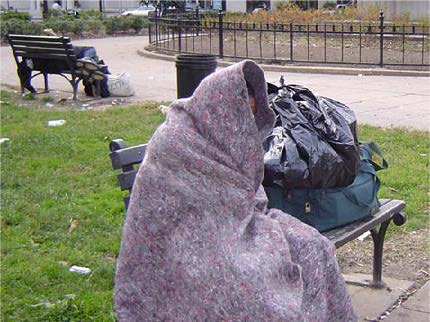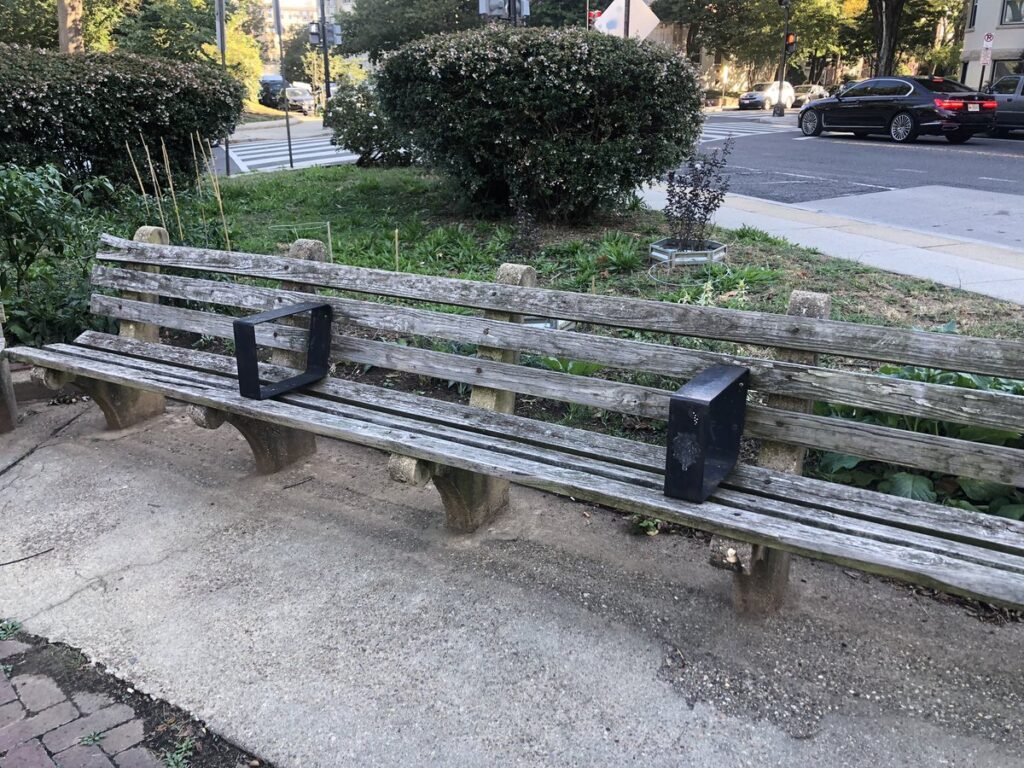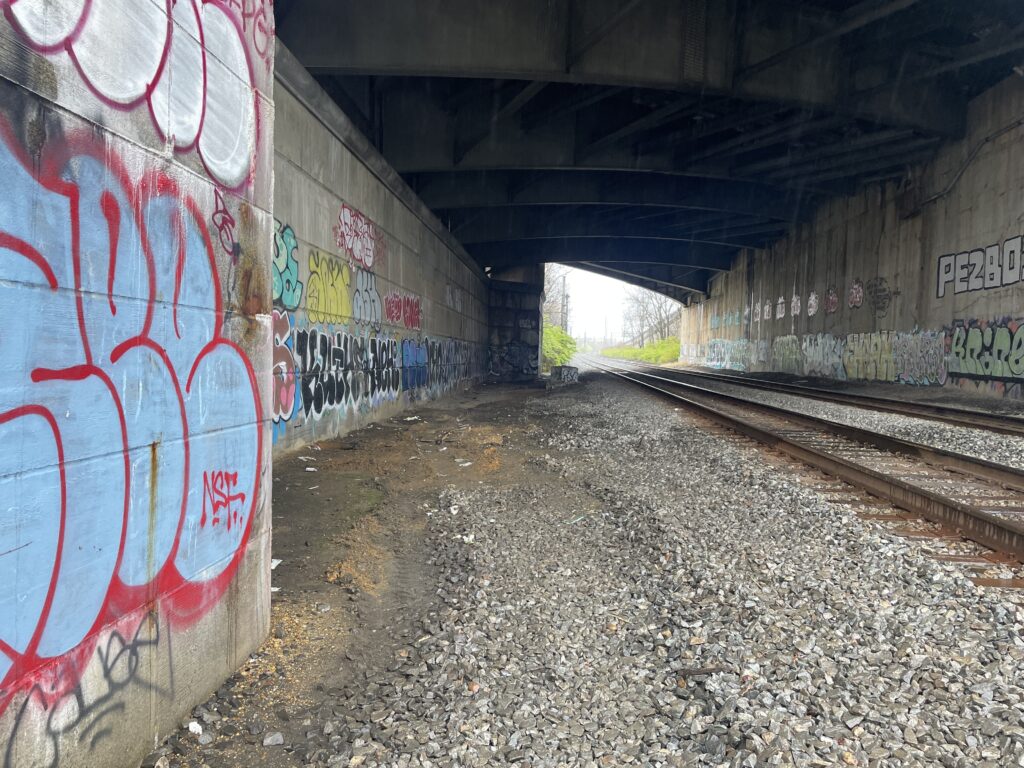Hypothermia season is here, and the District government is hoping that its new plan will help prevent hypothermia-related deaths on frigid Washington, D.C. nights this winter.
The 2003-2004 Winter. Plan for Preventing Hypothermia was introduced in September and updated Nov. 5 and looks a lot like the one last winter. Like last year the plan focuses on providing 24-hour access to shelter, street outreach, van shuttles to shelters, and the delivery of food and blankets to those who refuse shelter.
A 24-hour hypothermia hotline has also again been put in place for people needing shelter to call (800 535-7252) so they can be directed to a facility.
The District and homeless service providers are also urging the public to call the hotline on behalf of people that might be at risk of hypothermia.
The plan also calls for local government agencies, as well as service providers, businesses, churches, community organizations to promote hypothermia awareness and shelter information. Last winter the Shelter Hotline recorded 10,321 calls and logged 6,013 trips to shelters, according to the Community Partnership for the Prevention of Homelessness, the organization that oversees the District’s shelter system.
One man froze to death in D.C. last winter and two homeless women had their feet amputated due to the cold, according to Washington Legal Clinic for the Homeless.
“The media campaign of the past year was very effective at informing the public about how to access hotline and shelter services, said Ricardo Lyles, head of the Family Services Administration.
Hypothermia occurs when the normal core body temperature (98.8 F to 99.9 F) is lowered to less than or equal to 95 F. Signs include a gradual loss of mental and physical ability. Untreated hypothermia can lead to a dramatic drop in blood pressure, cessation of breathing, irregular heartbeat and death.
Since 1998 the District has been required by law to provide shelter on demand when temperatures fall below 32 degrees.
To fulfill the demand this year during the District’s 151-day hypothermia calendar, which officially began Nov. 1, seasonal shelters will open. Overflow shelters will also open when hypothermia conditions exist and when alerts are issued by the city’s Emergency Management Agency.
Overall, the Winter Plan will yield more than 1,100 shelter-beds for adults and families within the network of shelters. With the close of the Gale School Shelter, the main emergency shelter will be the 150-200-bed capacity facility at 1355-1357 New York Ave., N.E. The John Young Center, D.C. Village in southwest, La Casa in Columbia Heights, Franklin School located downtown, and Emory on Lincoln Road in Northeast are other shelters in the network.
Advocates expressed concern over the District’s plan to move most shelter services to the outskirts of the city when most of the homeless are reliant on public transportation or walking. Chet Grey of the Business Improvement District said that having shelter services accessible for homeless in central areas, such as downtown, is essential to servicing their needs.
“This is where they are, where their networks and support systems are,” he said.
The cost of this year’s shelter and
transportation operations to the city is $1.5 million, which is about $500,000 more than last year. (An additional $880,000 will go to a year-round Shelter Hotline and outreach groups.)
This jump in costs is in part to cover increased demands on its homeless services system, including emergency shelter. Like most other cities, Washington has seen an increase in homelessness parallel to the downturn in the economy.
In 2002 it is estimated that 17,340 people were homeless and used the city’s services, according to the Community Partnership for the Prevention of Homeless. Between 2000 and 2002, the number of families that had used its services more than doubled, to 2,613. In the same period, shelter use rose by 9% for men and 22% for women.








